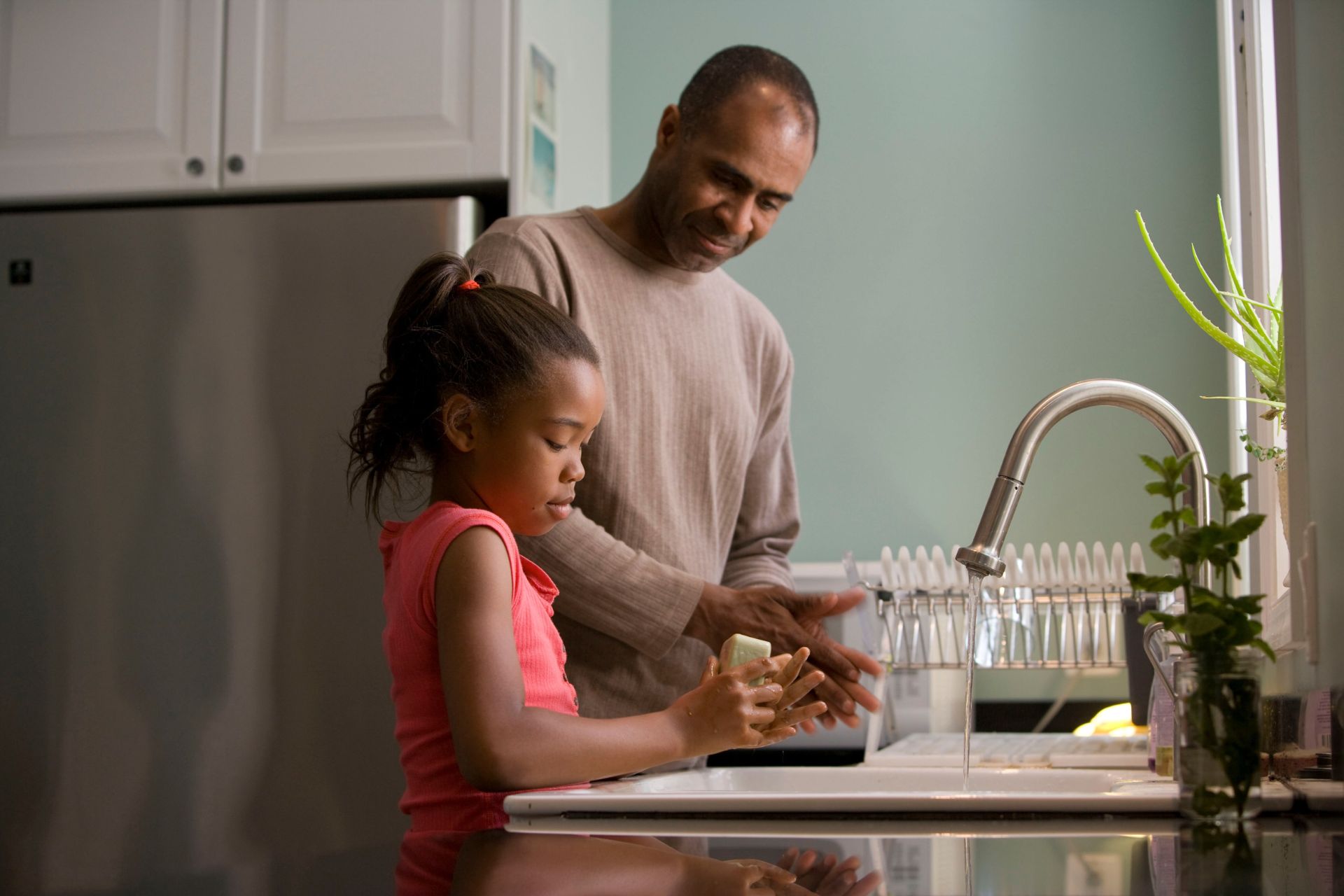
We are a reader-supported education publication. When you buy through links on our site, we may earn an affiliate commission to help us keep providing content.
Teachers are the most important people in students’ lives. They’re the ones that help them become who they are and get them to where they want to go.
Yet, teachers have a pretty tough job when you think about it. They have to make sure students are learning and growing, but they must also ensure their pupils stay motivated while keeping up with their peers.
It’s no wonder they can get stressed at times! Still, one thing that can truly help teachers support their students effectively is by building positive relationships with their parents.
Knowing how to build positive relationships with parents is the key to good student outcomes — and there are plenty of ways they can do that. Here’s why it’s important and how teachers can achieve this goal.
What Is the Importance of Teachers Building Positive Relationships With Parents?
While it’s certainly not the only factor determining student success, building positive relationships are crucial.
When parents and teachers support each other, students benefit from a more dynamic learning environment. They are more likely to feel connected with their school and experience positive changes in their academic performance.
Additionally, it provides students with a sense of community in their school. Parents are an essential part of the learning process. They help set expectations for their children and ensure they understand their learning subjects.
For teachers wanting to invest in their student’s success, here are the various ways they can build positive relationships with their parents.
1. Create a Community of Parents Around Your Class
The power of a community is undeniable. When families are part of a group or community, they are more likely to work together, support and help each other. It’s easier for parents to connect with other parents when they have shared goals and experiences.
A teacher who does this will be able to build better relationships and make it easier for them to communicate about what’s happening in the classroom. They’ll also be able to share ideas about how they can help improve the learning experience for their child at home.
One way to create a community is by creating an email list where teachers can send out weekly updates about the class. Teachers can also use this list as an opportunity to ask questions or get parents’ feedback.
2. Take a Proactive Approach To Communicate With Parents
Parents are busy people and often have many demands on their time. That’s why teachers need to reach out to parents and ensure they know how much the teacher cares about their child.
When it comes to communicating with parents, there are many ways that teachers can start a conversation:
- Use a group chat app to send a quick message that lets parents know how their child is doing in class.
- Ask parents what they want teachers to discuss at conferences or meetings.
- Share articles or send home info packets about how children can improve their learning skills.
3. Understand the Challenges and Needs of Your Student’s Parents
When it comes to school, teachers and parents have one thing in common — they both want the best for their children to succeed. Yet, it can be challenging to understand what that looks like from the parent’s perspective. One way to get to know each other and work together more effectively is by asking questions.
Teachers need to understand what parents are thinking or feeling. Therefore, it’s crucial to ask them what questions they have about their child’s education. This shows that you care about their experience and progress in class — and parents will be more optimistic about talking when they feel heard.
Teachers Can Build Positive Relationships With Parents the Right Way
Parents are teachers’ partners in education. They have much to offer, and you should work closely with them.
The key to building positive relationships with parents is to make it clear that they’re there for them. Let them know you’re there and willing to listen if they need anything.
By doing this in personable ways, teachers and parents can help their children have a successful educational experience.









